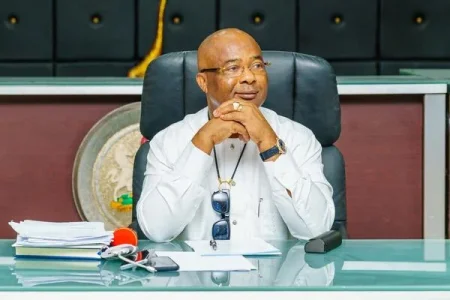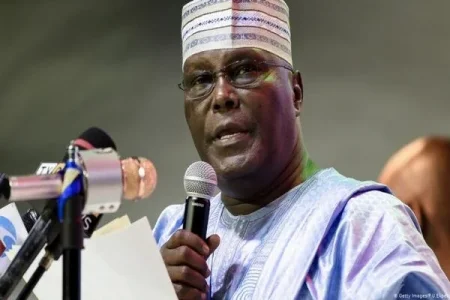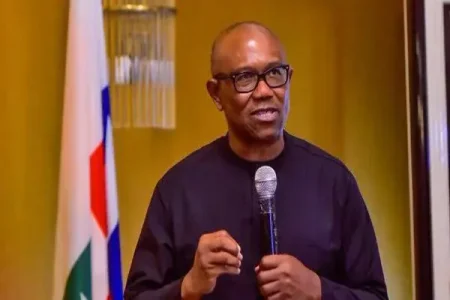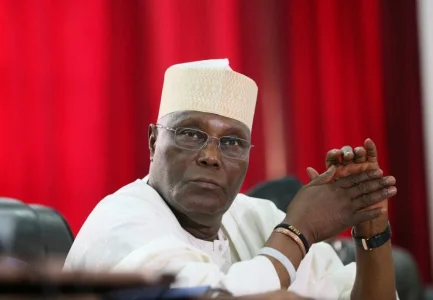
Governor Hope Uzodimma defends President Tinubu’s intervention in Rivers State as a necessary step to protect Nigeria’s oil infrastructure and stabilize political tensions. He supports state policing, denies regional bias in federal appointments, and claims insecurity in Imo is politically driven. Uzodimma praises Tinubu’s merit-based, reform-focused leadership style.
Governor Hope Uzodimma of Imo State has backed President Bola Tinubu’s recent intervention in Rivers State, calling it a vital move to shield Nigeria’s economic lifelines from disruption and prevent escalating political turmoil.
In an interview on Sunday, Uzodimma, who heads the National Economic Council’s subcommittee on crude oil theft, emphasized the urgent need for federal intervention after a series of attacks on oil infrastructure threatened to destabilize national production targets.
“When strategic assets like pipelines are bombed, it’s not just a local issue — it affects the entire country,” Uzodimma said. “President Tinubu had a responsibility to act swiftly to prevent further economic damage.”
The conflict in Rivers State has deepened in recent months, with political infighting sparking fears of a constitutional crisis. Tensions reached a boiling point when efforts emerged within the Rivers State House of Assembly to impeach Governor Siminalayi Fubara — a move Uzodimma warned could have had far-reaching consequences.
“If such a crisis had succeeded, it could have created a ripple effect across the country,” he said, adding that Tinubu consulted with key stakeholders before stepping in to manage the situation. The specifics of the president’s actions remain undisclosed, but Uzodimma hinted that emergency rule was a possible consideration in order to restore stability.
Beyond defending the president’s actions, Uzodimma rejected claims that Tinubu has been biased toward appointing officials from the southwest, arguing instead that the administration is focused on competence over geography.
“We need the right people in the right places, regardless of their region,” Uzodimma noted. “The president’s reformist posture is a step away from business-as-usual politics.”
Turning to issues closer to home, the Imo governor reiterated his stance on the security challenges in his state, claiming that much of the violence is fueled by political actors who lost out in recent elections. He highlighted a mix of hard and soft approaches, including youth programs and infrastructure investment, as part of his administration’s strategy to restore calm.
On national reforms, Uzodimma confirmed that all state governors have agreed to a proposal for state policing, a move currently awaiting action by the National Assembly.
“This is a collective decision,” he said. “It’s now in the hands of lawmakers to give it legal backing.”




